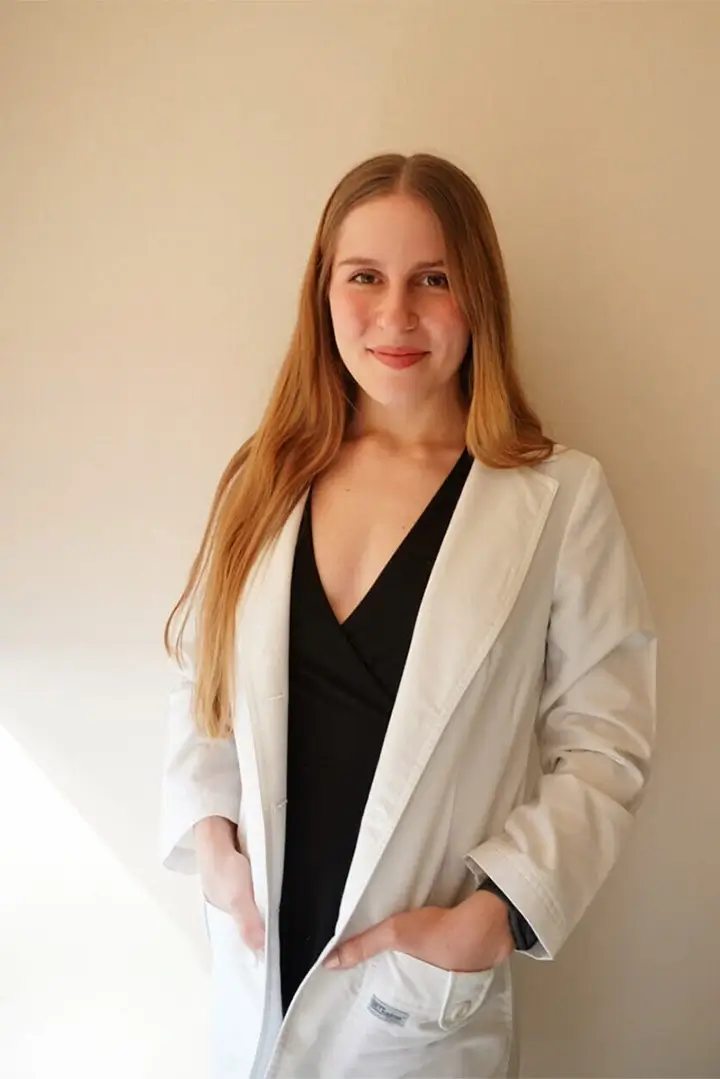Researchers at Northwestern Memorial Hospital in Chicago have announced positive results from the use of autologous adult stem cells in the treatment of heart damage. Led by Dr. Douglas Losordo, the FDA-approved, Phase II clinical trial is testing both the efficacy and safety of mesenchymal stem cells (MSCs) that are derived from each patient’s own peripheral blood. Results of the study are expected to be presented in September.
In the study, treatment involves the use of CD34+ cells which are harvested from each patient’s own blood, purified, expanded and administered to the patient by injection directly into the damaged heart muscle. Since CD34+ cells are capable of angiogenesis, which is the formation of new blood vessels, the treatment is expected not only to regenerate new heart muscle but also to prevent the formation of scar tissue. Sponsored by Baxter, Inc., the study is currently the largest adult stem cell study for heart disease that is being conducted in the United States.
As Dr. Losordo explains, "It’s important to point out that this is a use of a patient’s own body repair capabilities." In other words, there is no risk of immune rejection, nor are there any ethical controversies surrounding the source of the stem cells, which are strictly autologous (in which the donor and recipient are the same person) adult stem cells, not embryonic stem cells.
GCSF (granulocyte colony-stimulating factor) is used in conjunction with the autologous adult stem cell therapy, to increase stem cell mobilization and migration from the bone marrow into the peripheral blood. Thus far, no side effects have been observed.
According to Dr. Jeffrey Karp of Harvard University, who is collaborating with Dr. Te Chung Lee at the State University of New York at Buffalo on similar studies, "Essentially if we know the zip code of vessels within a certain tissue, we can program the address on the surface of the cell." Speaking metaphorically, in reference to the "homing" ability of adult stem cells to target and repair damaged tissue, Dr. Karp is referring to the specific properties of mesenchymal stem cells (MSCs), which he and Dr. Lee have used in a number of related studies.
Dr. Losordo believes that the treatment could be made widely available in approximately 4 years, with a target patient population that consists of end-stage cardiac patients who have unsuccessfully exhausted all other available therapies – a population that has been estimated to consist of anywhere from one-third of a million to a million people. Dr. Lee, however, believes it could take as long as 5 years for such a treatment to become widely available, while Dr. Karp believes it could take as long as ten years. In any case, As Dr. Ronald Crystal, chief of the Division of Pulomary and Critical Care Medicine at New York Presbyterian Hospital/Weill Cornell Medical Center, adds, "This is a good idea, but patients and families should not expect immediate results."

